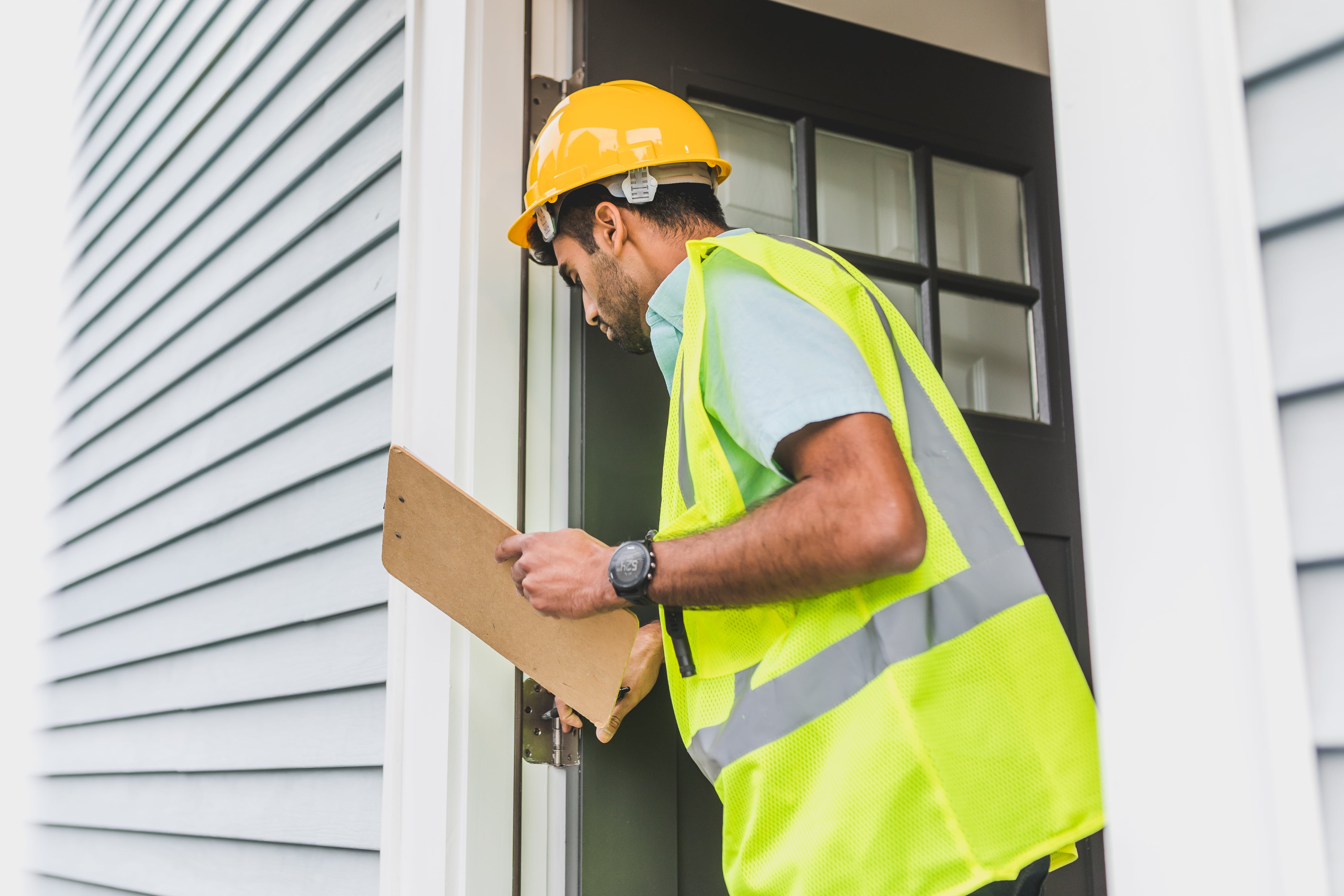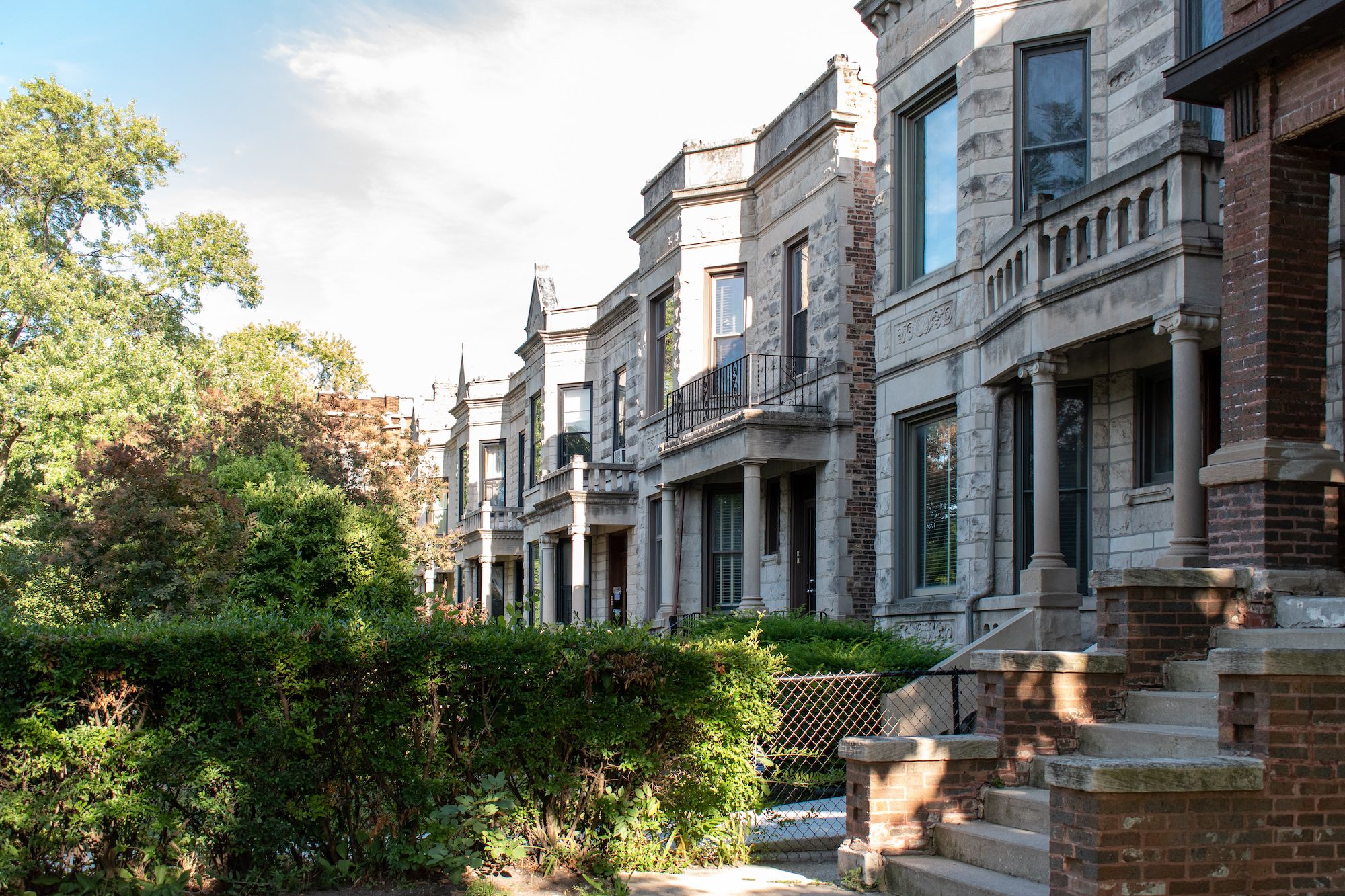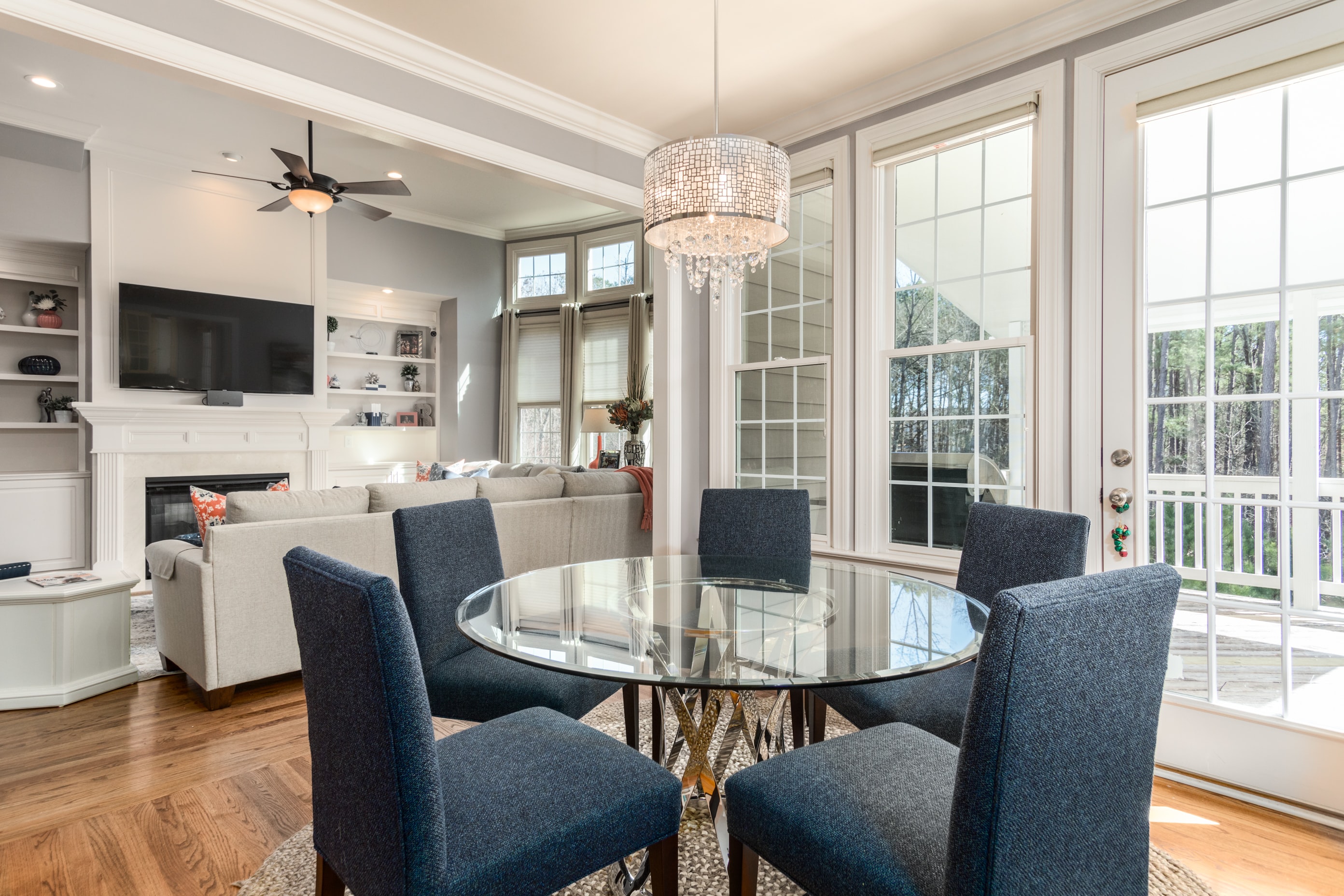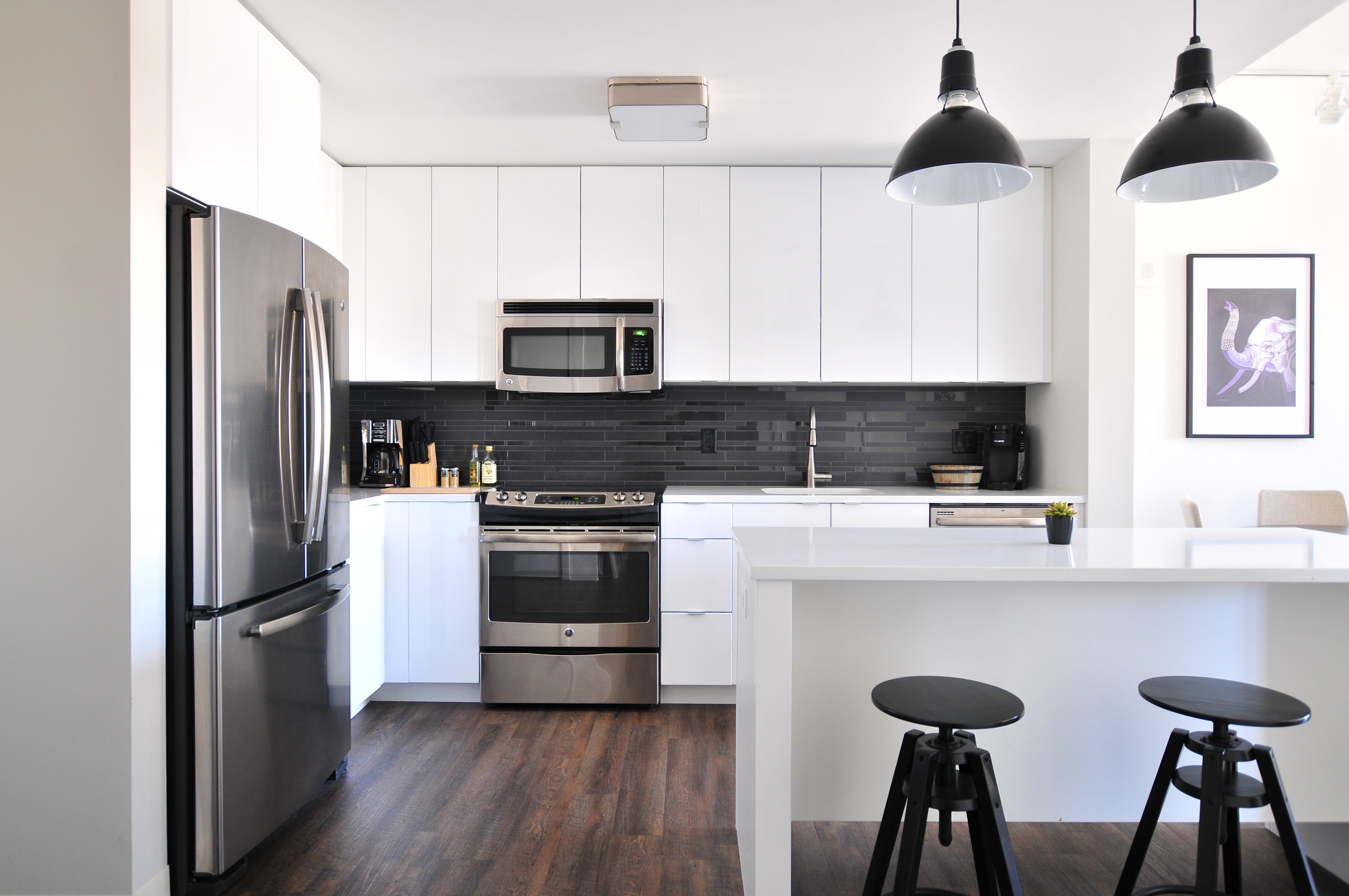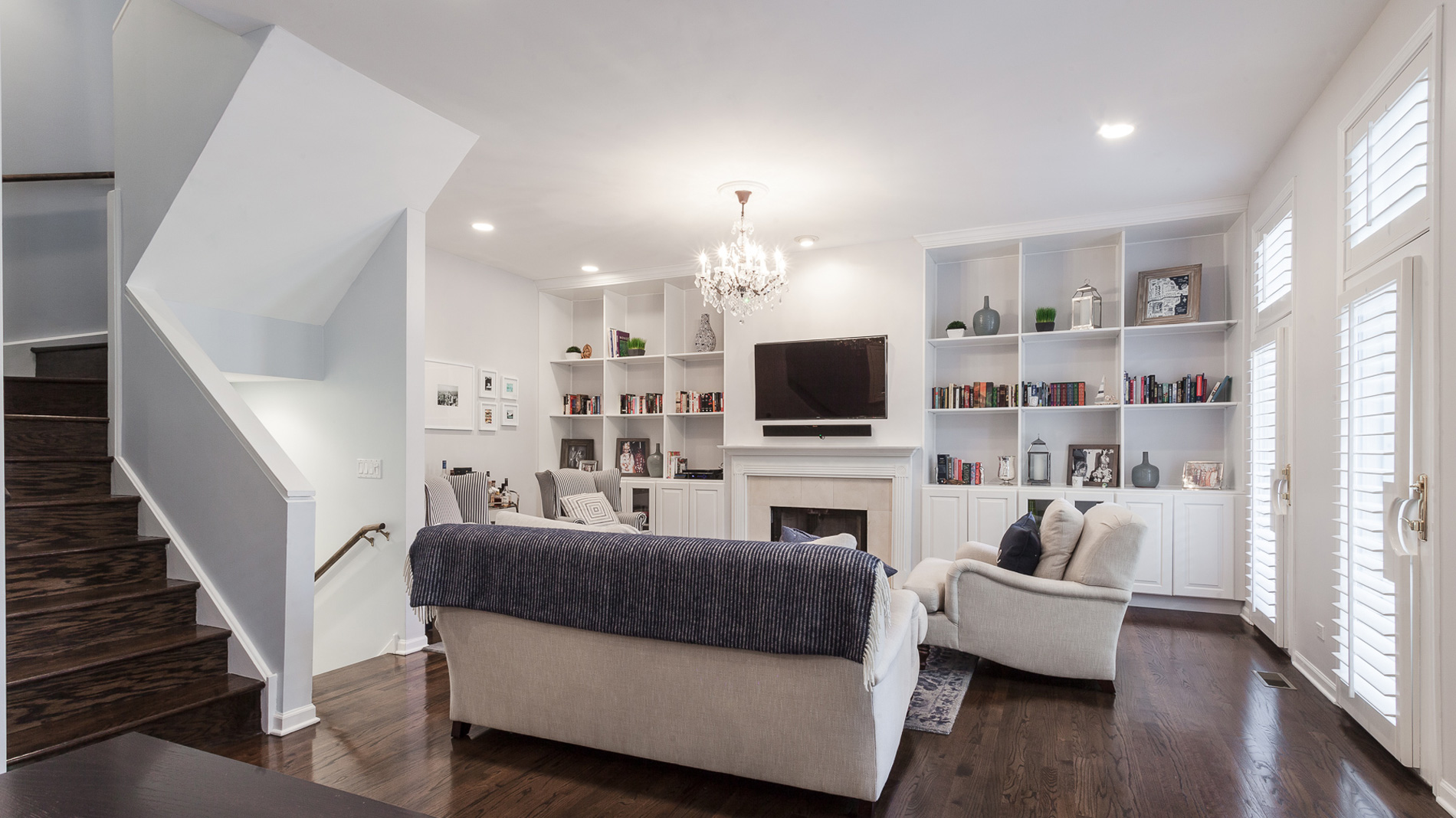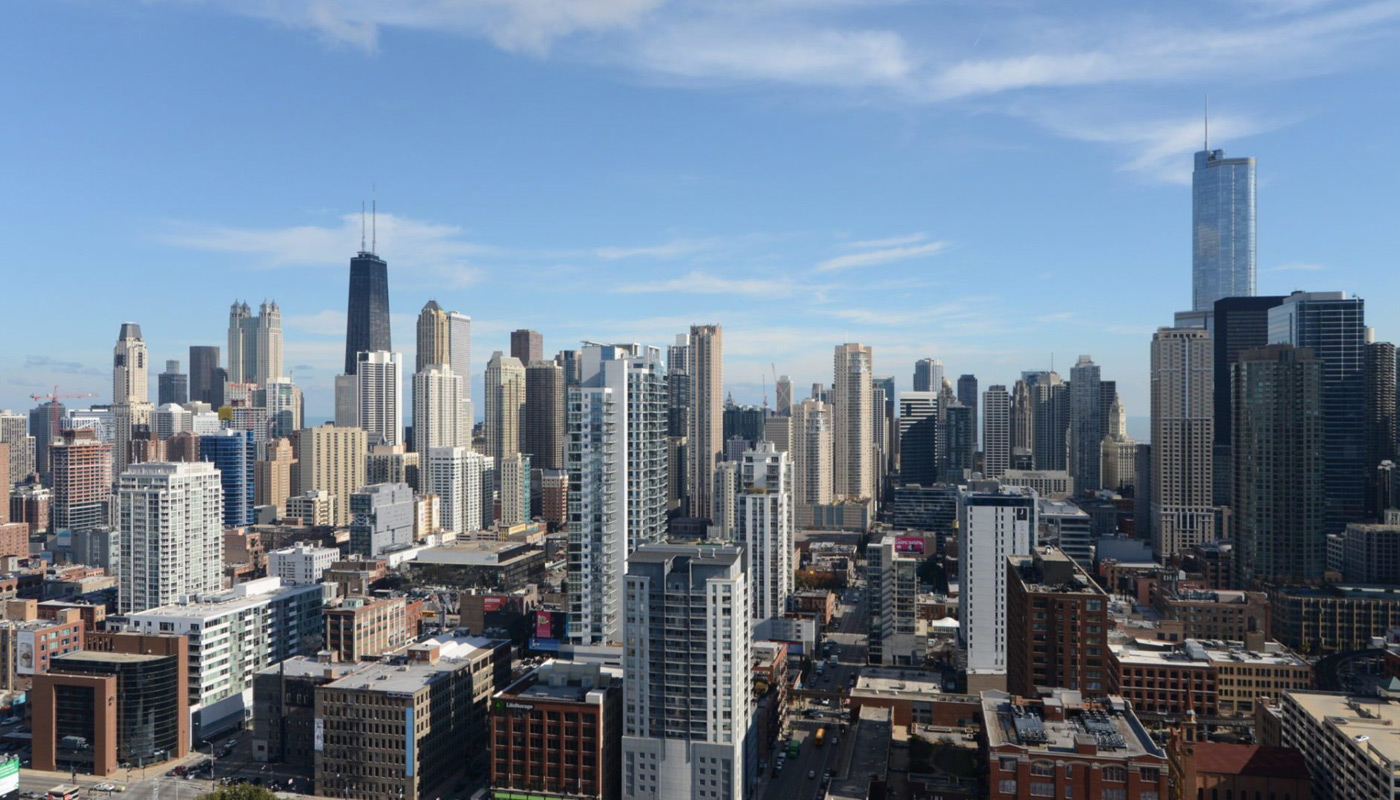If you’re preparing to secure your dream home, it’s beneficial to understand the inspection step of the process, particularly what is checked during a condo inspection.
Keep reading to learn the ins and outs!
What is a Condo Inspection?
A condo inspection is a thorough examination of a condo unit to assess its overall condition and identify any potential issues. It helps a buyer determine any red flags or extra steps needed before closing on the property. This inspection is typically conducted by a qualified home inspector or a professional with expertise in building inspections.
What is Checked During a Condo Inspection?
During a condo inspection, the inspector will examine various components of the unit, often including the following:
- Structural Elements: This involves checking the condition of the walls, ceilings, floors, and other structural components to ensure they are sound and free of defects.
- Mechanical Systems: Inspectors will assess the functionality and condition of heating, ventilation, air conditioning (HVAC) systems, plumbing, and electrical systems.
- Appliances: It’s important to check the condition and operation of appliances included in the condo, such as stoves, refrigerators, dishwashers, and others.
- Interior Features: This includes evaluating the condition of doors, windows, flooring, and other interior elements.
- Safety Concerns: Inspectors will look for potential safety hazards, such as electrical issues, trip hazards, or other safety concerns.
After the inspection, the inspector typically provides a detailed report to the buyer, highlighting any issues found during the inspection. This information is valuable for buyers to make informed decisions about the purchase and may be used in negotiations with the seller.
It’s important to note that condo inspections are not mandatory, but they are highly recommended for buyers to ensure that they are aware of the property’s condition and potential maintenance or repair needs.
Other Common Home Inspection Questions
- How are condo inspections unique? Condo inspections don’t always involve scoping out the exterior since these areas are made up of common areas often covered by the homeowners associations. However, some inspectors take a proactive approach and still inspect the shared spaces to ensure everything’s in proper order and there are no noticeable risks for a major special assessment down the road. Also, if your property includes personal outdoor space, then the inspection will likely include this.
- Why should I inspect a new condo? Although a new condo minimizes the risk of issues, it’s still worth being proactive and ensuring there are no hidden issues before moving in.
- How do you inspect a condo yourself? If you opt out of hiring a professional inspector, prepare yourself with a condo inspection checklist. Bring this list and critical eyes with you to your prospective place before the closing.
- How long does a condo inspection take? Inspections typically take between 1 and 3 hours, depending on the size of your condo and how many inspectors are on site.
- Should I waive an inspection on a condo? We highly advise against waiving an inspection. They provide early awareness of current or potential issues in the home, offering not only a timely heads-up but also an advantageous negotiating strategy. This allows you to request the seller to take responsibility for covering the expenses associated with any necessary repairs.
While it’s crucial to know what is checked during a condo inspection, there are other considerations to keep in mind when buying a Chicago condo. To ensure a smooth and successful process, team up with our experienced team of real estate professionals today!
